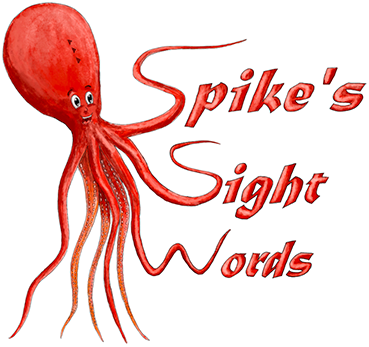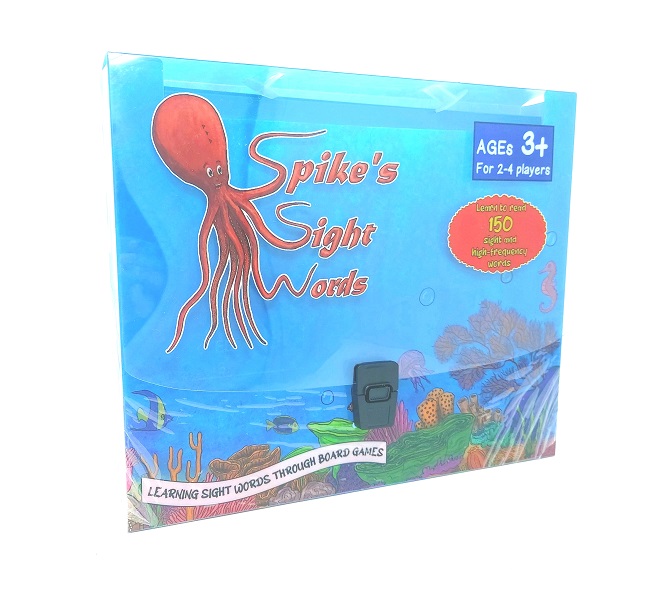With thanks to medium.com/@judysantillipackhem
The link between illiteracy and prisons
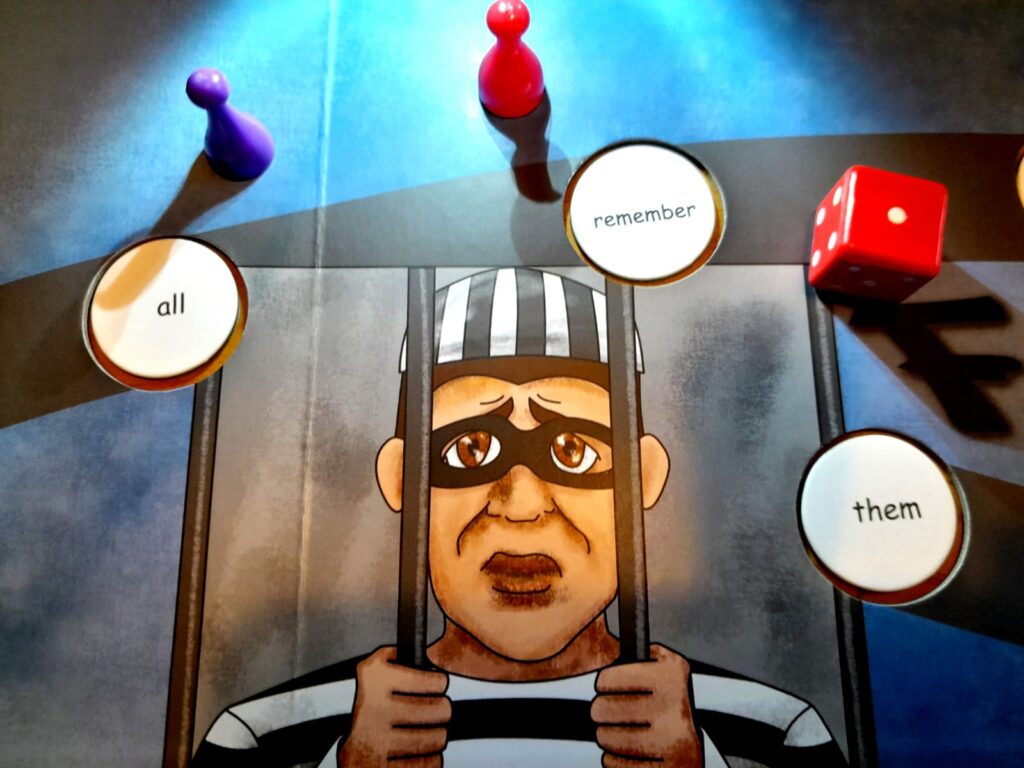
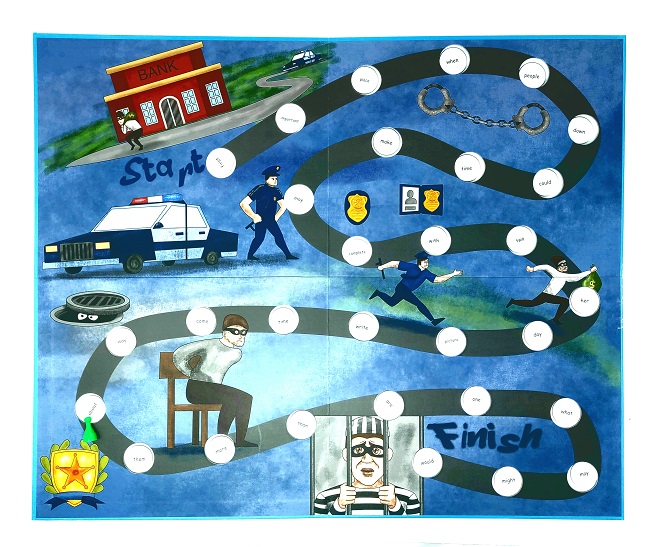
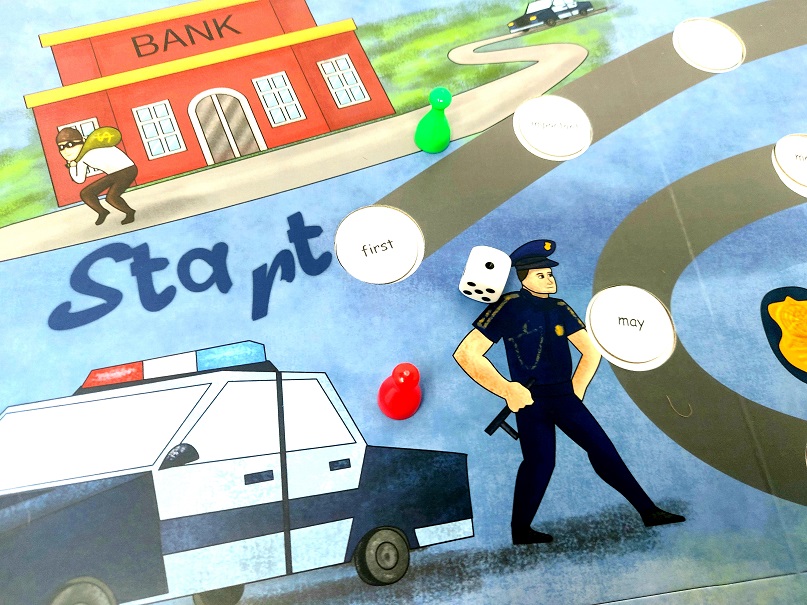
What if I told you we have it in our power to do the one thing that would put prisons out of business, stop kids from falling into a life of crime, and dramatically reduce the number of people on welfare?
Teach kids to read. ALL kids.
Pipeline to Prison
If a child doesn’t achieve success at reading in the early grades, he will not even want to attempt it, because failure is painful. Self-esteem starts to erode.
The non-reader feels shame. He doesn’t want anyone to know he can’t read. So he refocuses the attention. He begins to misbehave. It is better to get in trouble for misbehaving than to risk other kids knowing you can’t read. The misbehavior becomes a pattern and escalates into crime.
Okay, I realise this is extreme oversimplification. But the truth of it is there.
They are sad facts –
- 85% of all juveniles in the juvenile court system are functionally illiterate.
- 70% of inmates in America’s prisons can’t read beyond a fourth grade level.
- 2/3 of students who cannot read proficiently by the end of 4th grade will end up in jail or on welfare.
These are not just numbers.
These are the struggling learners that get passed from grade to grade without the right help, until they drop out of school and get into trouble.
These are the dyslexic kids that learn differently and don’t get the help they need. Almost half (48%) of the prison population has some form of dyslexia.
And these are the kids that move a lot, miss a lot, and fall through the cracks of an education system that doesn’t catch every child before they fall.
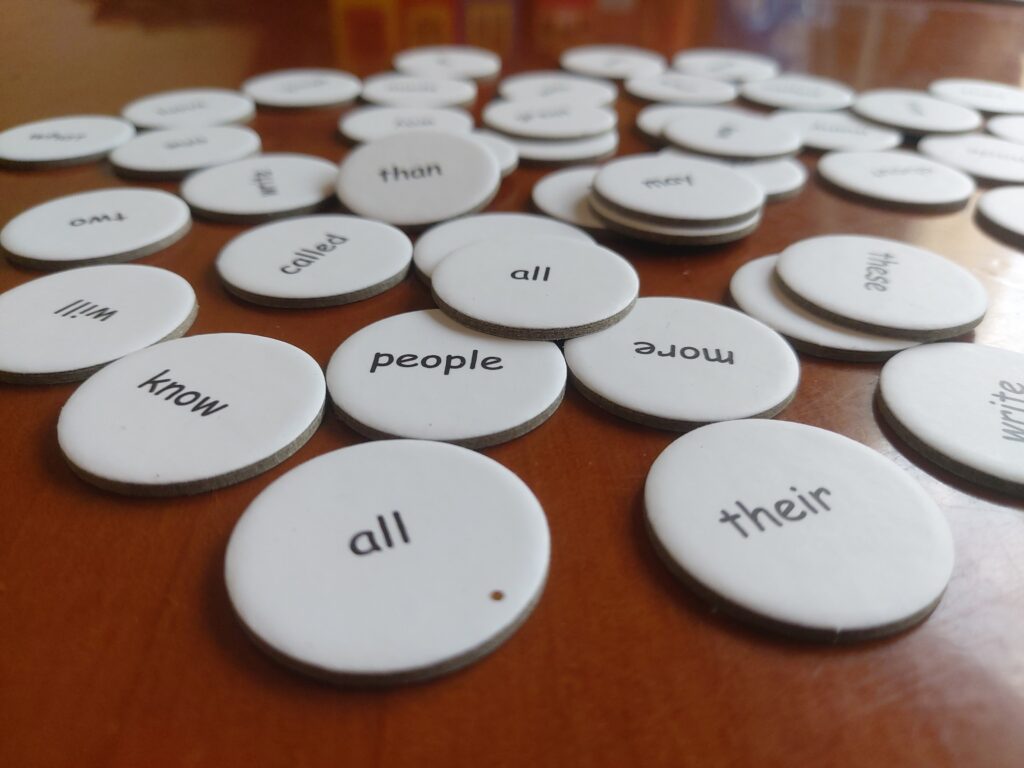

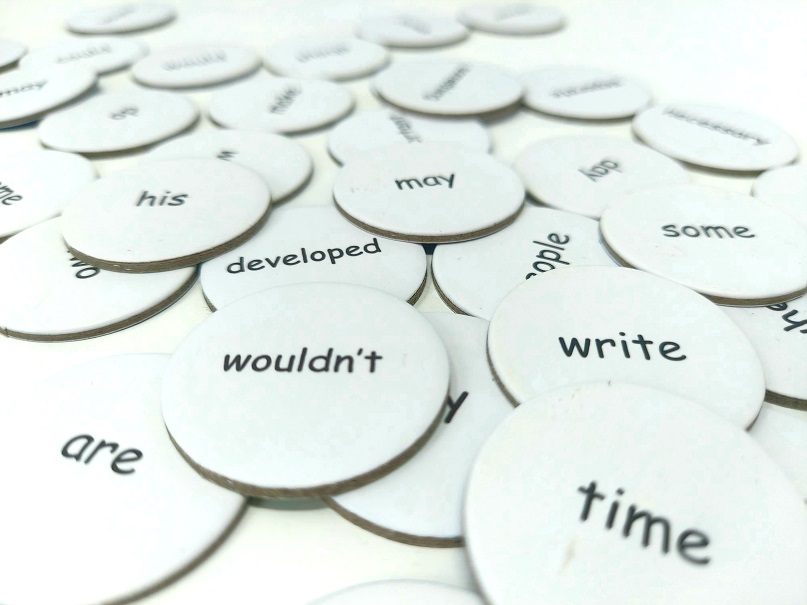
A Necessary Skill for Living
Reading. Writing. Many of us take these for granted, but there’s no mistaking it. Being literate represents freedom to choose the life you were meant to live.
Despite many programs and initiatives, the literacy rate in America hasn’t budged even a percentage point in the last ten years. Today, 32 million American adults are considered illiterate. (Wow, that’s almost incomprehensible!)
When we change our education policies to make literacy for everyone a priority, we will succeed.
How Can We Make Everyone Literate?
Here, I offer a proposal that places literacy for all kids as a priority.
These three actions are not wildly new ideas. They aren’t all that difficult to implement, if given the needed resources. We already have the tools and techniques to accomplish them.
What’s different is that they will give every parent and family the resources they need to help their children become literate. ALL parents want that for their kids.
What’s different is that instead of being available only to the families that can afford to pay private tutors, they will be offered to ALL kids.
Will it take a lot of people and a lot of money? YES.
But if we spend the money early, we will save it later. And we’ll be saving more than money; we’ll be saving kids.
Even the Odds for Early Learning
Before they are ready to learn to read, children must acquire pre-reading skills. Being able to rhyme words, knowing letters and letter sounds, understanding the structure of stories, and being able to separate the individual sounds in words are some of these skills.
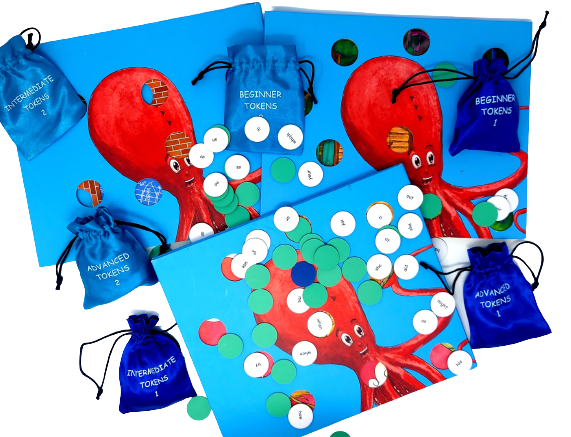
Conduits for Change. It Starts With You.
You may read this and think I have my head in the clouds, but I’m telling you, we can do this.
Every child CAN and MUST learn to read, and we must provide resources to ensure that happens. When every parent, teacher, and child believes this with conviction, then the train will have left the station. That train will pick up speed, gradually at first, then gain a momentum that will be unstoppable.
We will raise a generation of literate citizens. They will live their lives to the fullest, with dignity and respect. They will have good jobs and do great things.
And we will have done this by changing one thing — teaching every child to read.
For more information and support go to –
shannontrust.org.uk
